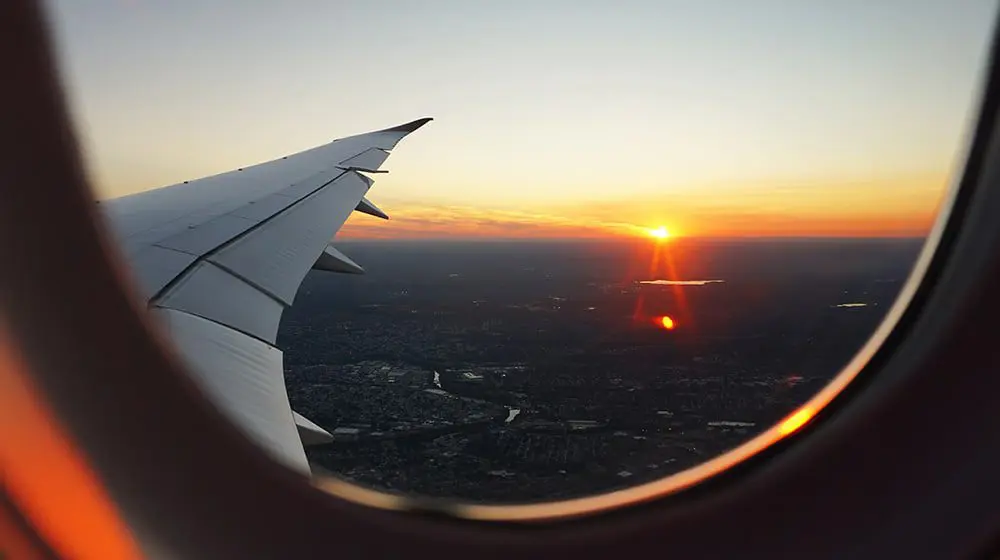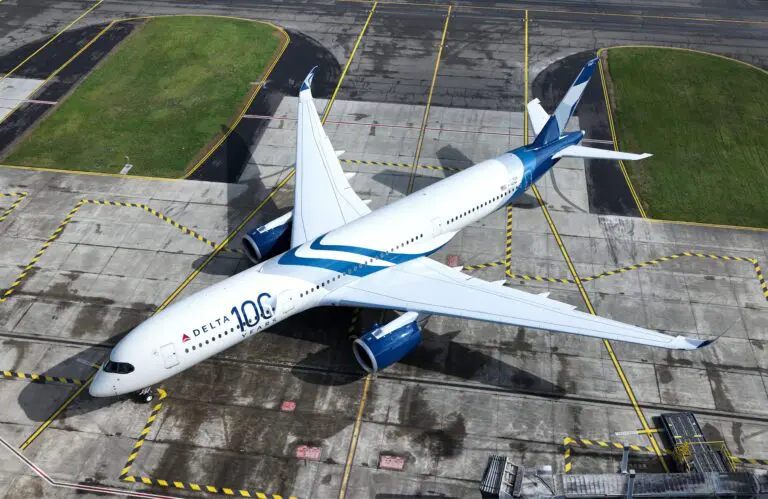Karsten Horne, CEO at Reho Travel, has been consumed with thoughts about the industry and where it is going since the COVID-19 pandemic started. With many questions going through his head, he asks “is it time for the industry to shake up the way we buy and sell air tickets?”
Pandemic. Sadly, that word is fast becoming etched in our collective psyche.
Here’s another one – unprecedented.
What’s also unprecedented is that we are all quickly dancing to the tune of the latest government rulings: “Don’t wear masks. Do wear masks. You can’t play golf or fish. You can play golf or fish (but don’t do it at the same time unless you are fishing for your golf ball in the water hazard!).
Don’t cross the border. Don’t cross town. Don’t cross the street. Don’t cross your front step. But if you do, stand at least 1.5 metres apart and try to hold your breath.
Get out and exercise but don’t drive too far to do it…” and so it goes on.
Essentially, most of us have complied either reluctantly or enthusiastically, as we do what we can to keep ourselves and our fellow citizens out of harm’s way. Except of course for those intractable few who choose to flout the rules for whatever reason they wish to conjure up in their defence.
This enforced hibernation has given me much time to reflect on my past 35 years in the travel industry, where it’s fair to say, I’ve witnessed a fair bit of change.
My early years were spent juggling ABC’s and Fares from Australia books, which eventually transitioned into inventory in the GDS. The next transition is to NDC Who knows where to from here?

Through it all the only thing that hasn’t changed is the way that the airlines control the inventory; the rules; our commissions and the pricing.
Back in the 80’s we were enjoying commissions of up to 29% on long haul international routes by the now-defunct Continental Airlines. By this time next year, I’d be surprised if any airline will be paying us in excess of 1%.
How did we let that happen? Who in our industry was prepared to challenge the status quo just like the brave souls who attempted to escape the COVID confinement of Victoria to the freedom of South Australia in a freight train or those audacious few who wanted to surf from Tweed Heads in NSW across the border to Coolangatta in QLD – not sure if I read about or dreamt that one up?
It seems to me that as an industry we all just lay down and let it happen, beholden to the airlines, thankful for whatever scraps they choose to throw our collective way in the form of the ever-shrinking override.
COVID-19 or not, many traditional travel agencies have been slipping into a slow and steady decline in recent years as the OTA’s have invested heavily in marketing and technology and prospered as a result.
Is it time for the industry to shake up the way we buy and sell air tickets?
Between Helloworld, Flight Centre, Corporate Travel Management, Webjet, and other travel agents, we sell roughly 70% of the air inventory, yet the airlines control every single element of the process.
Imagine if the major travel agency groups bought millions of dollars of inventory from the airlines at an agreed per km rate, a bit like Qantas hedges its fuel? It may be a radical thought but maybe it’s time has come, given the inevitable demise of BSP.
This would mean that the airline gets paid in advance, reduces the many costs associated with selling seats and the major agency groups gain control of how they sell them.

For the consolidators this could open up the opportunity of creating mixed carriage airfares (outside of airline alliances), taking a clip and allowing the agent to add a margin.
The potential for a zoned subscription model for our corporate clients could then come into play. You could slice the country, the region and the world into zones and business travel could be budgeted as a monthly expense.
We would also have the freedom to decide when to release exclusive specials and at what level, and consequently bundle the airfares with a wide range of value-added components for the benefit of our clients, the travelling public.
This is the opposite of what has overtaken our industry to date – the commoditization of air travel where the lowest common denominator is the price and nothing else.
If this all sounds a bit far-fetched it’s certainly not unprecedented.
In the last decade, intermediaries have dominated the hotel industry. You might expect that Accor and IHG are in control, but in fact, it’s the likes of Booking.com, Trivago and Expedia that are writing their own rules.
The Melbourne based company, Luxury Escapes, has come from nowhere to become a highly successful business, mainly due to the fact that it controls the inventory.
So, let’s revisit how we sell air tickets, which for most of us make up the majority of the product we sell, at an ever-decreasing return on sales.
I realise I’ll be accused here of oversimplifying what is an extremely complicated network of contracts, agreements and politics but someone has to do it and I’m not seeing many new ideas out there.
“Let’s start a conversation and maybe as an industry we can transform ourselves before the next Uber or Airbnb lookalike wipes us off the travel map.”
Karsten Horne, CEO Reho Travel
Now I’m going to put my mask back on and continue working on the design of a fully submersible COVID-resistant mountain bike that I can use to escape to Tasmania.
READ: Travel Through Anticipation: Rehome Travel’s Inspiring New Video







